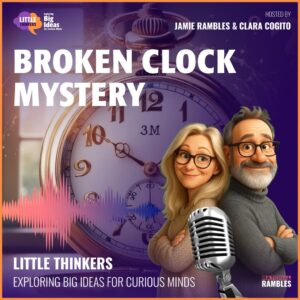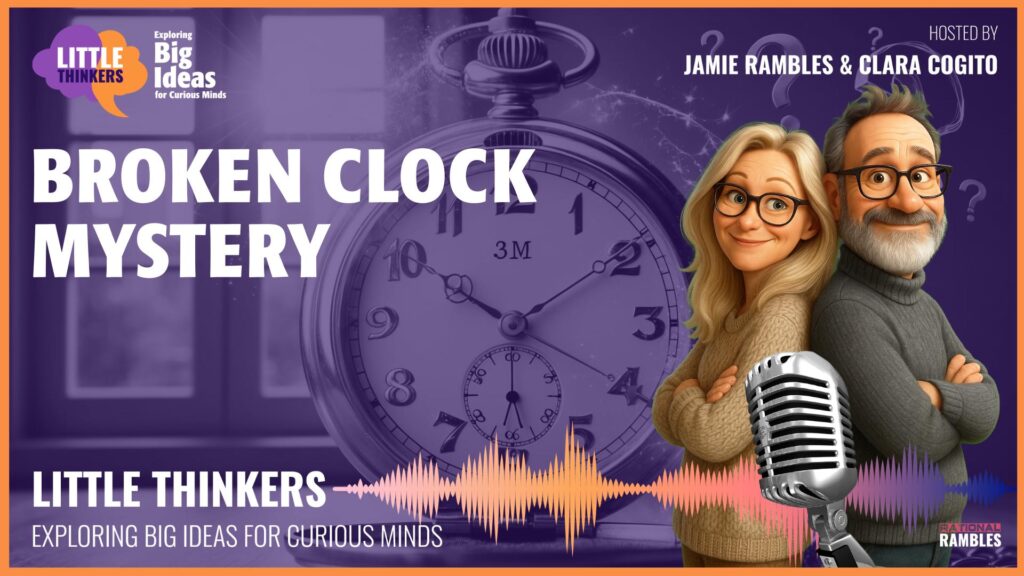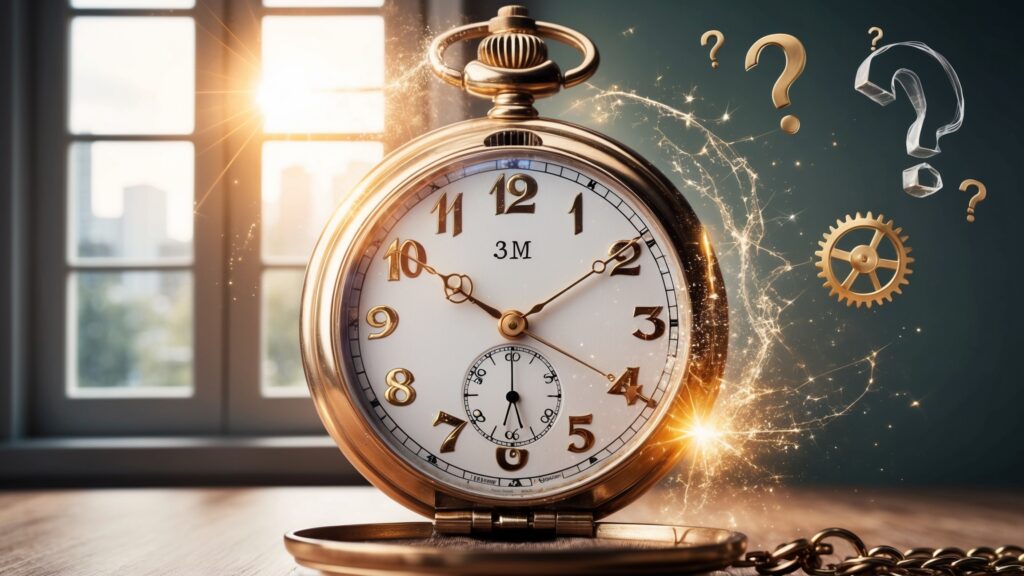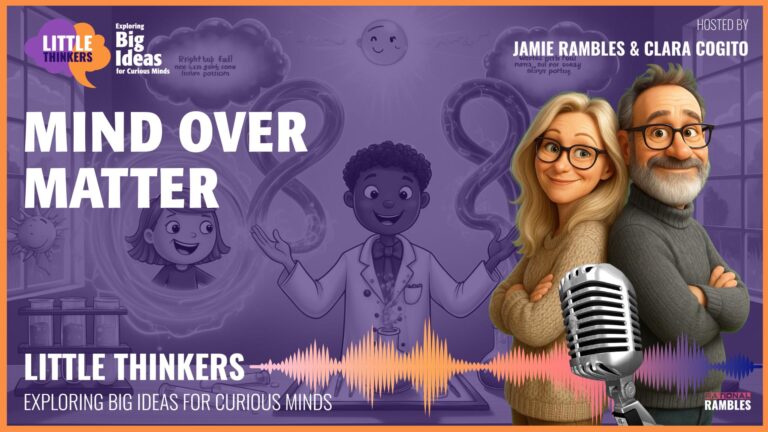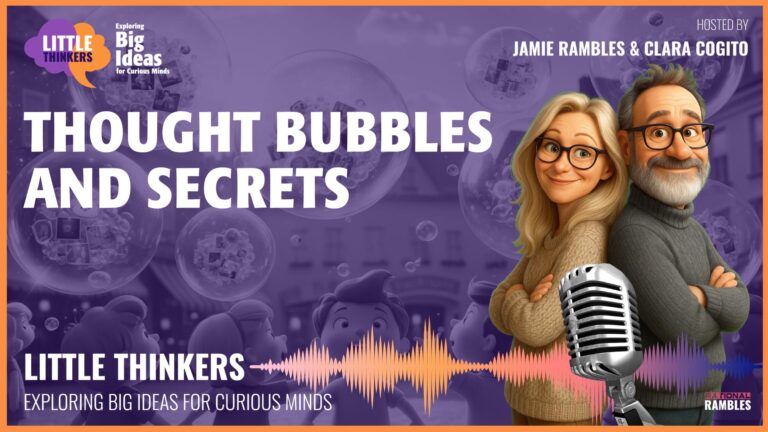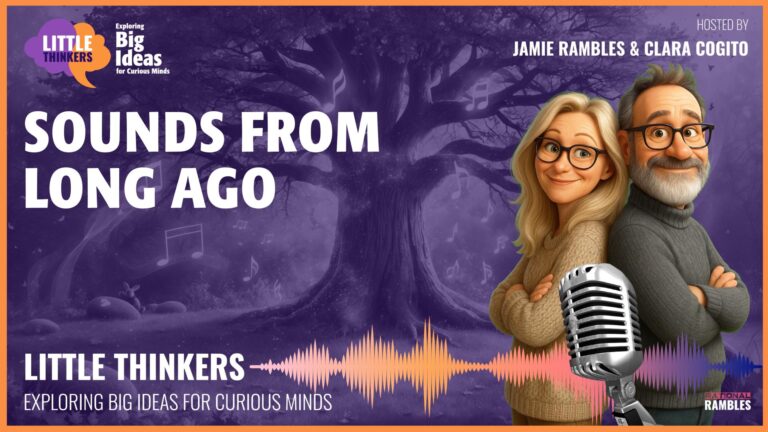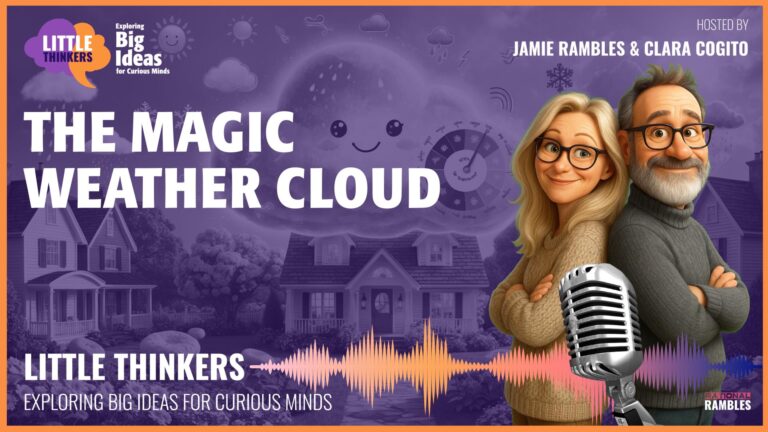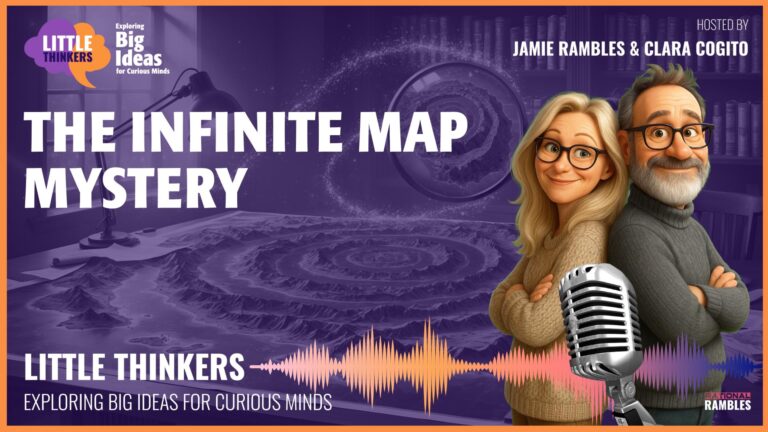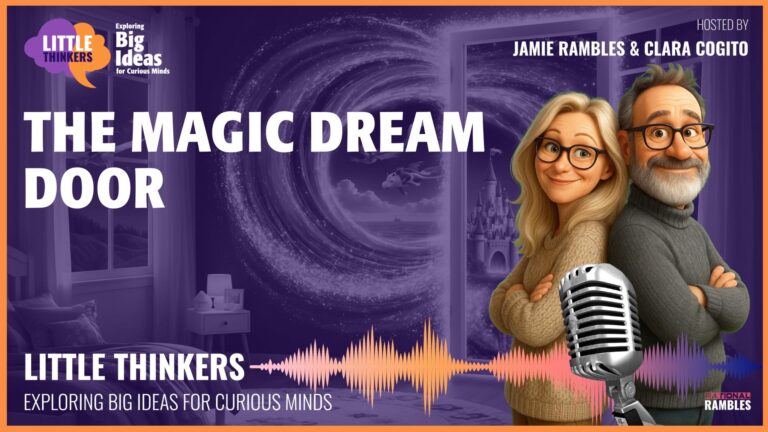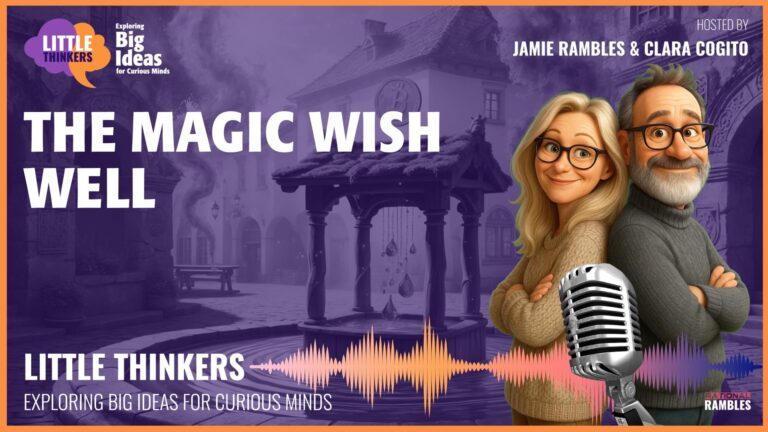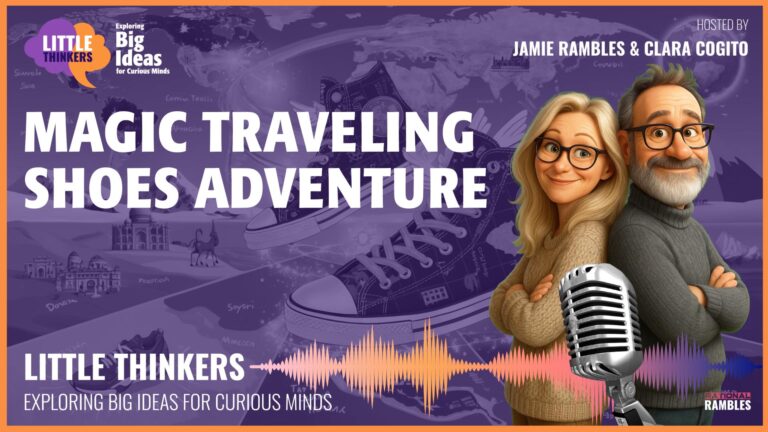The Broken Clock Mystery: When You’re Right… But For the Wrong Reason!
A Tricky Time-Telling Tale
Have you ever gotten something right by complete accident? Imagine this: You look at a clock on the wall. It says 3 o’clock. “It’s 3 o’clock!” you think. And guess what? It really IS 3 o’clock! But wait… there’s a sneaky secret about that clock – it’s actually broken! It stopped working yesterday at exactly 3 o’clock. You just happened to look at it exactly 24 hours later when it really was 3 o’clock again!
So here’s the big, brain-tingling question: Did you really know what time it was? Or was it just a lucky accident because of your broken clock?
What Does It Mean To Really “Know” Something?
When we say we “know” something, we usually need three important things to happen:
- You believe it (you thought it was 3 o’clock)
- It’s actually true (it really was 3 o’clock)
- You have a good reason for believing it (and this is where our broken clock falls apart!)
With the broken clock, you believed it was 3 o’clock and it really was 3 o’clock, but your reason wasn’t good at all! You looked at a clock that doesn’t work! That’s like using a ruler with all the numbers rubbed off to measure something and getting it right by accident.
The Jelly Bean Guess
It’s like if you looked at a jar full of jelly beans and just shouted “24!” without counting. Then someone counts them and – wow! – there really are exactly 24 jelly beans! Were you super smart? No! You just made a lucky guess. You didn’t know there were 24 jelly beans – you just happened to be right by chance.
Broken Clocks In Your Everyday Life
Broken clock moments happen to all of us! Here are some examples you might recognize:
Maybe you thought your favorite toy was under your bed, and it was! But actually, your mom found it in the kitchen and put it under your bed without telling you. You were right about where it was, but wrong about why it was there.
Or imagine you think your friend Sam will bring cookies to school because Sam always brings cookies on Tuesdays. And yes! Sam does bring cookies! But actually, Sam brought cookies because it was his birthday, not because it was Tuesday. You were right that there would be cookies, but for the totally wrong reason.
The Sheep That Wasn’t
Here’s another tricky one: Imagine you’re walking in a field and see something white and fluffy in the distance. “Look! A sheep!” you tell your friend. And there IS a sheep in that field… but the white fluffy thing you saw was actually a big fluffy dog! The real sheep was hiding behind a tree where you couldn’t see it at all!
Did you know there was a sheep in the field? Nope! You believed there was a sheep (✓), and there really was a sheep (✓), but your reason was all wrong (✗) because you were looking at a dog, not a sheep!
Why Does This Matter? Because We Want To Be Right For The Right Reasons!
Imagine you’re taking a math test. You write down “5+7=12” because you carefully counted. That’s knowing! But if you write “5+7=12” because you think 5+7 is the same as 5+5+2, but you made a mistake in your thinking… then you got the right answer for the wrong reason!
Scientists, doctors, and detectives work super hard to make sure they know things for the right reasons. They don’t want to rely on broken clocks!
- Scientists do experiments many times to make sure their results aren’t just accidents
- Detectives look for fingerprints, footprints, and talk to witnesses to solve mysteries
- Doctors run tests before giving medicine, not just making lucky guesses about what’s making you sick
The Secret Question That Helps: “How Do You Know That?”
Here’s a super-power question you can use anytime: “How do I know that?” This magic question helps you check if you really know something or if you’re just looking at a broken clock!
For example:
You: “It’s going to rain tomorrow!”
Friend: “How do you know that?”
You: “Because… um… the sky looks kind of cloudy right now.”
Is that a good reason? Probably not! Clouds now don’t always mean rain tomorrow. Your weather prediction clock might be broken!
But what if you said: “Because I just checked the weather forecast and meteorologists are predicting a 90% chance of rain.” That’s a much better reason!
Try It Yourself: The Broken Clock Detective Game
Here’s a fun game to play with friends or family! Take turns making statements and asking “How do you know that?” Then decide together if the reason is good (like a working clock) or not so good (like a broken clock that’s right by accident).
Some examples to try:
- “My favorite football team will win on Sunday.”
- “There are exactly 27 students in my class.”
- “Dogs are smarter than cats.”
- “It will be sunny next weekend.”
Our Brains: Pattern-Finding Machines
Did you know your brain is always trying to make sense of the world by looking for patterns? Sometimes we see patterns that aren’t really there! Like when clouds look like animals or faces – our brains are super good at seeing shapes that remind us of things we know.
This pattern-finding superpower helps us learn quickly, but it can sometimes trick us into thinking we know things when we’re really just seeing what we expect to see – like looking at a broken clock and thinking it’s telling the right time!
The Big Brain Question: How Many Broken Clocks Are In Your Life?
Here’s something amazing to think about: How many things do you think you know that might actually be “broken clock moments”? Things where you’re right, but for completely wrong reasons?
Maybe more than you realize! That’s why curious people are always asking questions, checking their reasons, and making sure their clocks aren’t broken.
Remember that old saying: “Even a broken clock is right twice a day!” It reminds us that sometimes we can be right by pure luck – but that’s not the same as really knowing.
Keep Wondering and Questioning!
Next time you say “I know that!” try adding “…and here’s how I know it!” It’s a great way to check if your reasons are strong or if you might be looking at a broken clock.
And remember, it’s totally OK not to know everything! Asking questions and looking for good reasons is how we learn and grow. The smartest people aren’t the ones who think they know everything – they’re the ones who keep checking their clocks to make sure they’re working properly!
What broken clock moments have you had in your life? Think about a time when you were right about something, but for the completely wrong reason. It’s not just funny – it’s philosophy in action!
